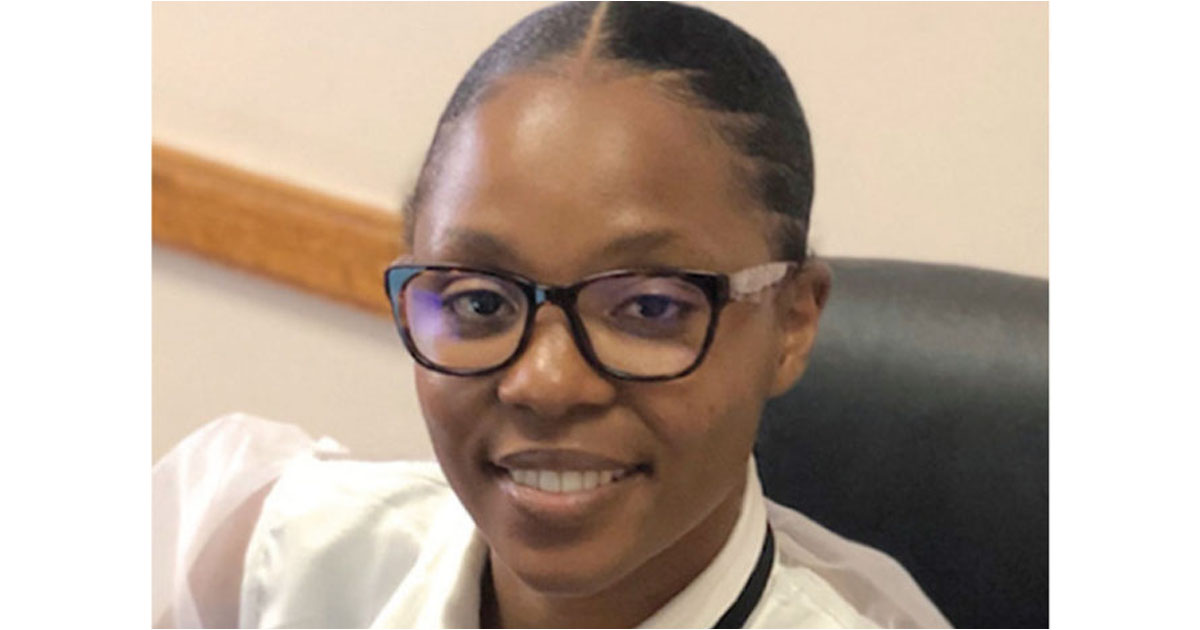Martin Endjala
LANDLESS People’s Movement National (LPM) Youth Element Leader, Duminga Ndala has accused City of Windhoek (CoW) of emptying residents’ pockets, by milking them with its ever increasing tariffs without considering their economic status.
Ndala made these remarks this week while reacting to the 8.6 tariffs increase which the City announced recently.
A statement issued by City authorities this past Tuesday highlighted that tariffs hikes which came into effect from 01 August, are necessary to foster social and economic development through affordable electricity tariffs, and are cognisant of the fact that electricity is an essential commodity.
“The City of Windhoek will remain committed to ensure a secure, reliable and high-quality electricity supply to the residents of Windhoek, “reads the statement.
The increase is said to be in line with the Electricity Act no 4 of 2007 Section 36 (5) (b) which states that such regional council or local authority council must, before the introduction of a new or amended charge fee or other moneys, announce such new or amended charge, fee or other moneys in at least two newspapers circulating in its area.”
Initially the city applied for a 14 percent tariff increase to the Electricity Control Board last month, but only 8.6 percent was approved based on cost demand of electricity.
However, Ndala says he is surprised by the increase and accused the city management of prioritising profits over the welfare of human beings, and said the City authorities are hell bent on milking peoples’ pockets.
“The electricity increase is ridiculous considering the economic factors, especially for Windhoek residents. Unemployment is rife meaning people are unable to pay for those utilities. We have pensioners who are unable to pay for water and electricity bills, and as a result these services might be cut off due to the continued rate increase,” expressed Ndala.
She said that the hike in electricity tariffs does not speak to the social economic status of the reality of residents, and questioned what informed the increase in the first place.
She criticised the City for poor service delivery, saying that Windhoek has not lived up to its standards.
“Service delivery has not been 100 percent,” Ndala said.
She also lamented that there have been water leakages reported as well as water disconnection and there are still reports of people not having access to portable clean water, especially in informal settlements.
“I think Windhoek has now turned into a capitalist machinery as supposed to be an institution which provides services to its residents and an institution that is there to serve the community. The City has become a profit-making machinery and they are milking our already drowned, unemployed and impoverished residents,” she said.
Ndala is of the opinion that there is a need to review these hikes as soon as possible because everybody is struggling under the current economic hardship.
“Therefore, it is high time that an alternative of making funds is also looked at, because increasing tariffs is not the way to go,” she said.
She further questioned if residents wherever consulted for their input on the increase.
City of Windhoek spokesperson, Lydia Amutenya told this publication that they are aware of the difficult situation residents find themselves in.
However, she explained that once the bulk electricity supply (NamPower) increases its tariffs, it is just natural that the city also adjusts its tariffs accordingly to be cost-reflective.




